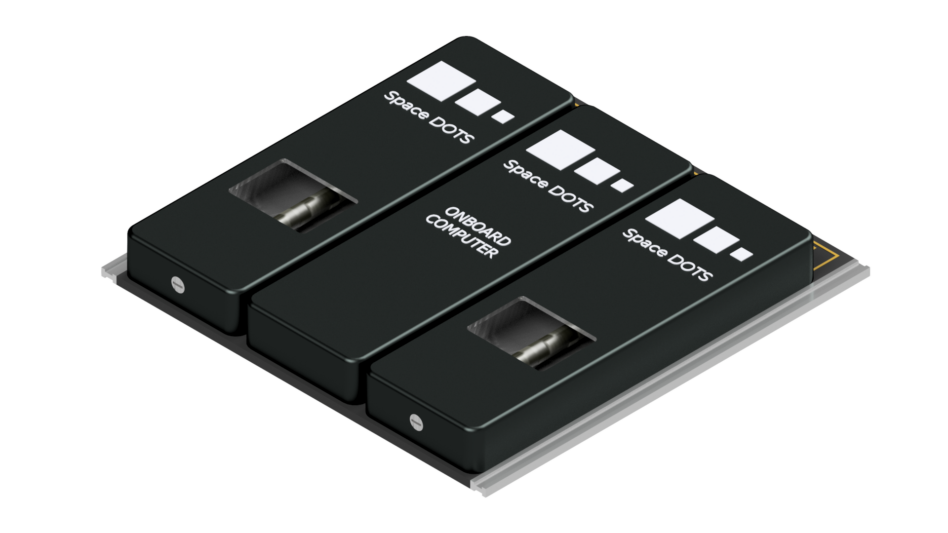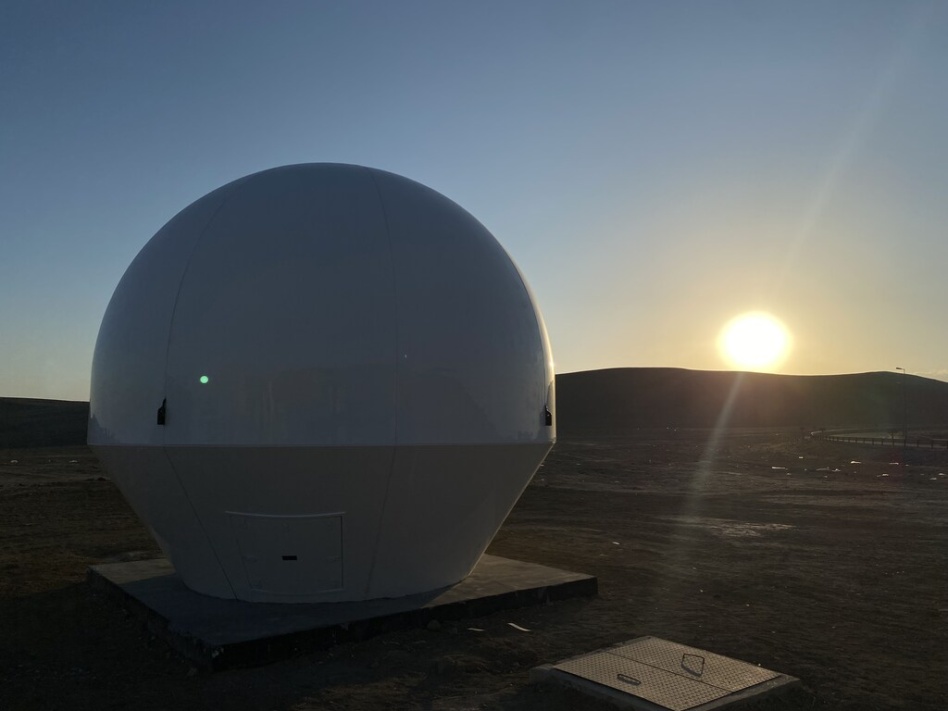Space DOTS, a UK-based advanced materials testing startup, wants to revolutionize the way the aerospace industry qualifies new materials for use in space.
The company announced the closing of a $1.5M pre-seed round this morning to build out its mini on-orbit laboratory tech. Boost VC, Sie Ventures, 7Percent Ventures, Blue Wire Capital, and angel investors Elaine Lau and Alex Ionescu contributed to the round.
“There is a paradox in space: before anything is used in space, it needs to be proven in space,” Space DOTS cofounder and CEO Bianca Cefalo told Payload. “We realized we had to come up with a solution to streamline and reduce the time to market for novel materials.”
Pick up the pace: New materials are constantly being developed, whether for aerospace or other industries, that could improve spacecraft performance. These materials may be more lightweight, durable, or radiation-resistant, but they often face major hurdles—including time and cost—that prevent them from quickly being tested and qualified for use in space, Cefalo said.
Space DOTS’ solution is the Barnacle DOT, a materials testing payload the size of a phone that can test the tensile strength and other properties of materials in space. The company is aiming to sell a full materials testing service from ground to results for under $500K, an order of magnitude less than what Cefalo says it costs today.
What’s next? Now that it’s raised its pre-seed round, Space DOTS is expanding its team, deepening its industry ties and customer base, and building a working prototype of the Barnacle DOT. Space DOTS plans to have a working product by the end of 2024 and its first flight in 2025.





